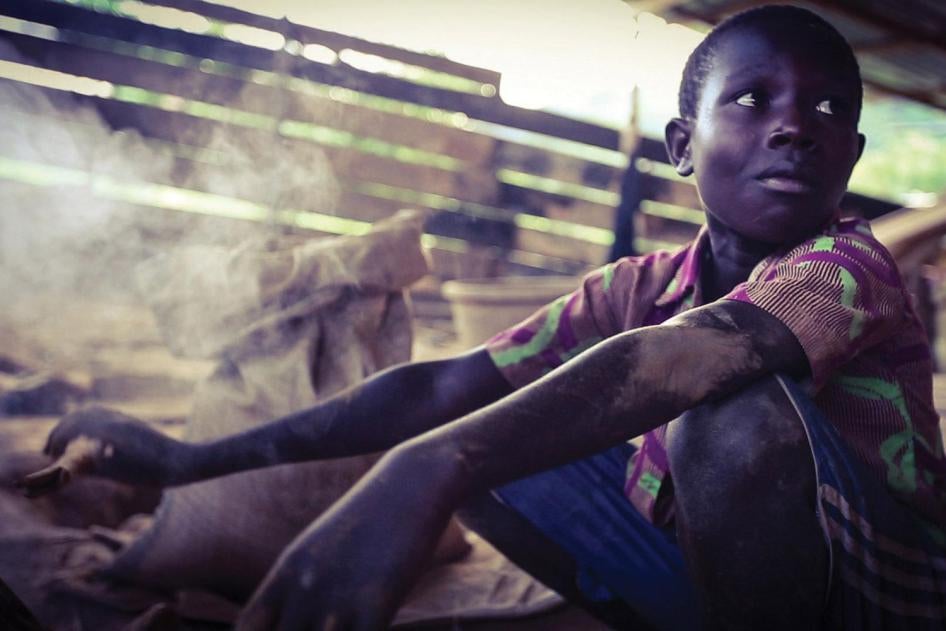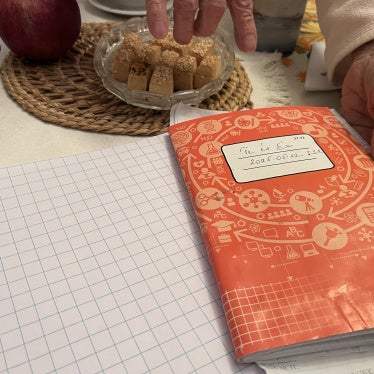Our lives are full of products produced in faraway countries, under conditions we don’t know – think of the vegetables you eat, the clothes you wear, or even the device you are reading this on. Human Rights Watch has documented serious abuses in the supply chains that produce these products, including child labor, attacks on trade unionists, and ill health from toxic pollution.
Last week, France took a historic step toward reducing these human rights abuses. Parliament passed a law that pushes for accountability for multinational companies sourcing from global supply chains. The “duty of vigilance” law requires companies to establish safeguards designed to ensure that labor rights and other human rights are respected in the production sites they source from.
This good law unfortunately does not have many counterparts elsewhere. There are very few laws around the world that oblige companies to have such safeguards, called “due diligence,” in place. One of the few other laws of this kind, the rules under a United States law on so-called conflict minerals, may soon be suspended by the Trump administration.
Governments are often reluctant to regulate businesses, particularly when it comes to their global supply chains. But binding regulations benefit businesses that want to do the right thing without being overtaken by competitors who don’t care about conditions in their supply chains. Companies such as Apple and Tiffany have made that case, since they oppose suspending the US conflict minerals rule.
Ultimately, a global standard for human rights in supply chains is needed. While this is not going to happen soon, the International Labour Organization last year decided to consider the idea of a new multinational treaty more closely. In the meantime, let’s hope France’s action inspires other countries to move ahead with their own laws to reduce abuses in global supply chains.










